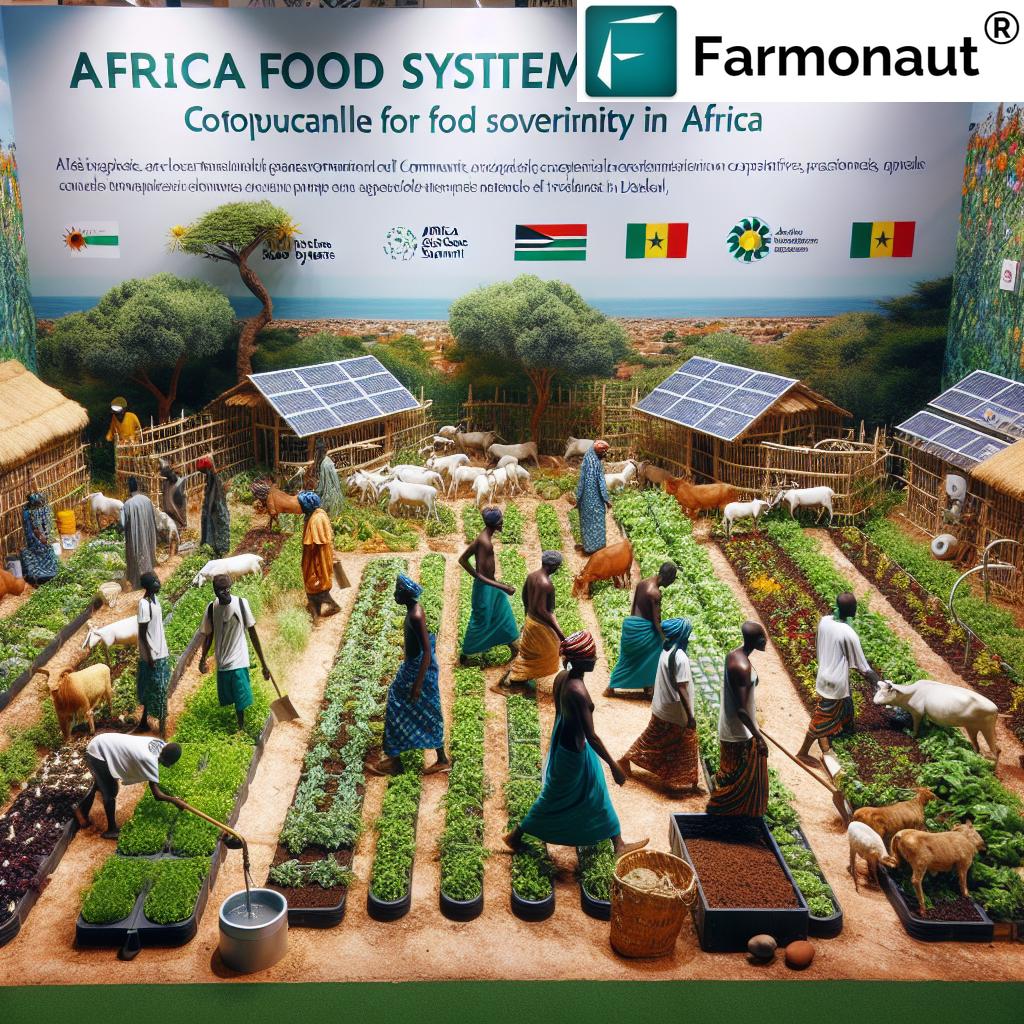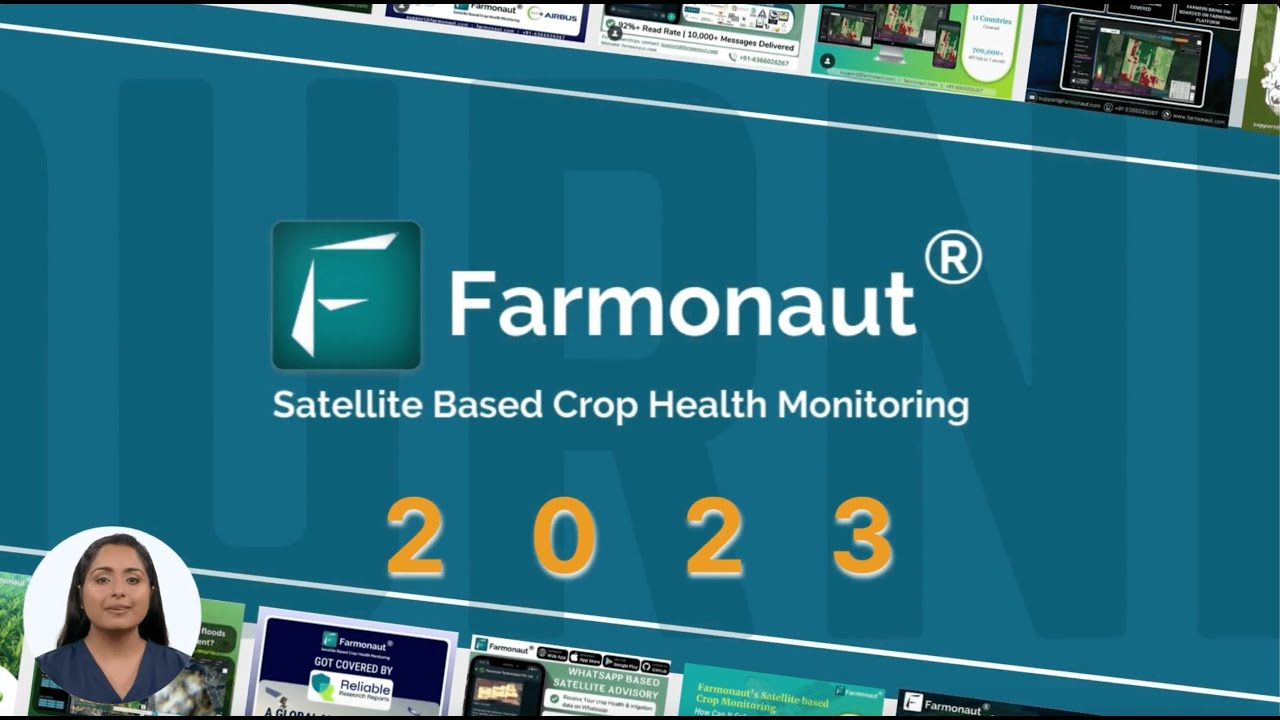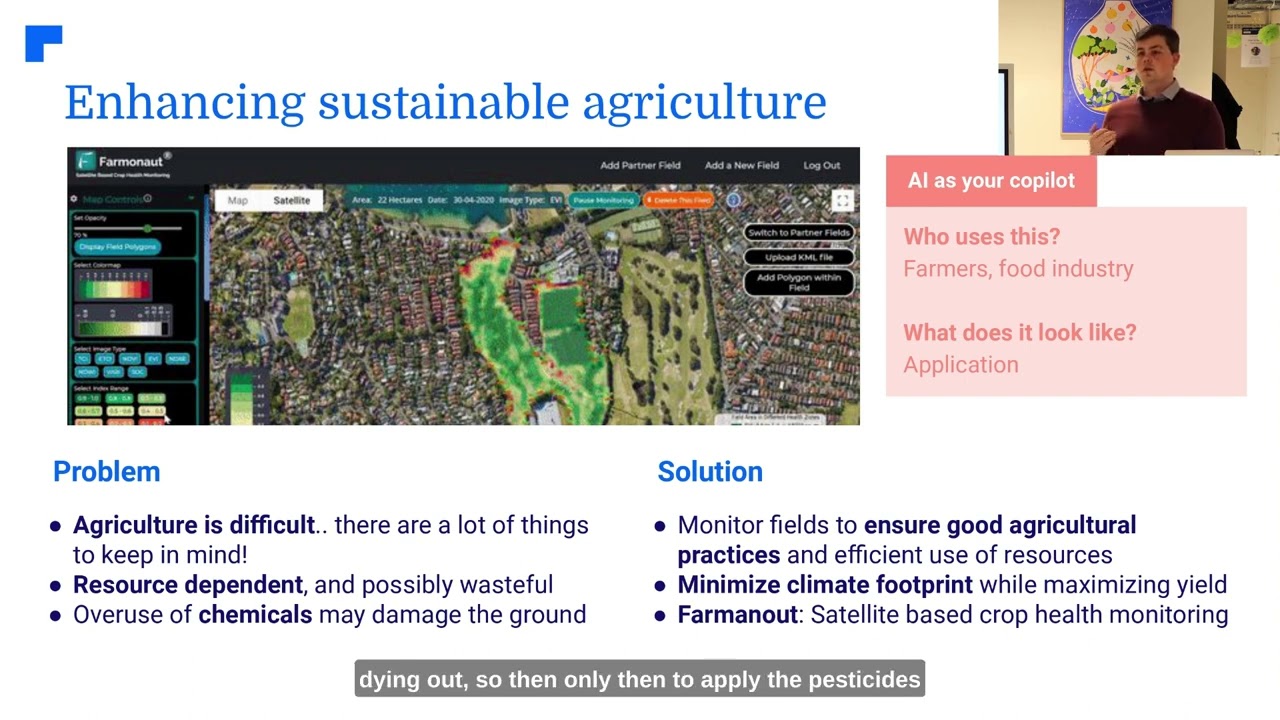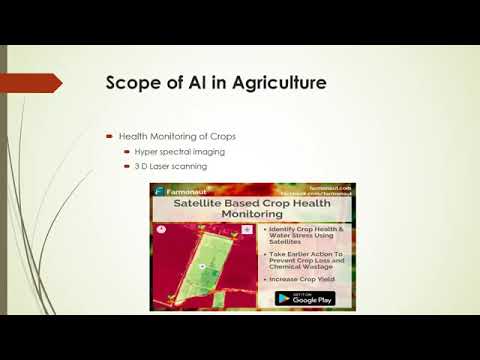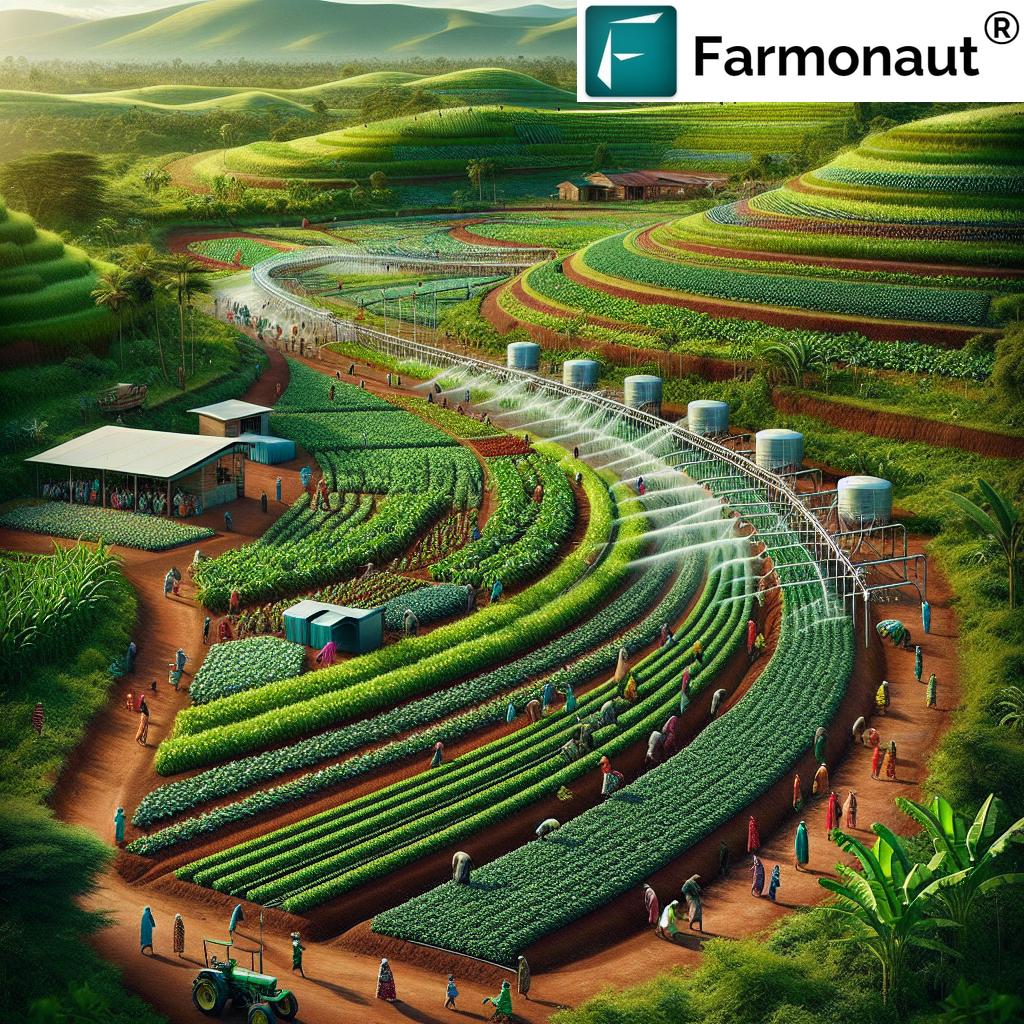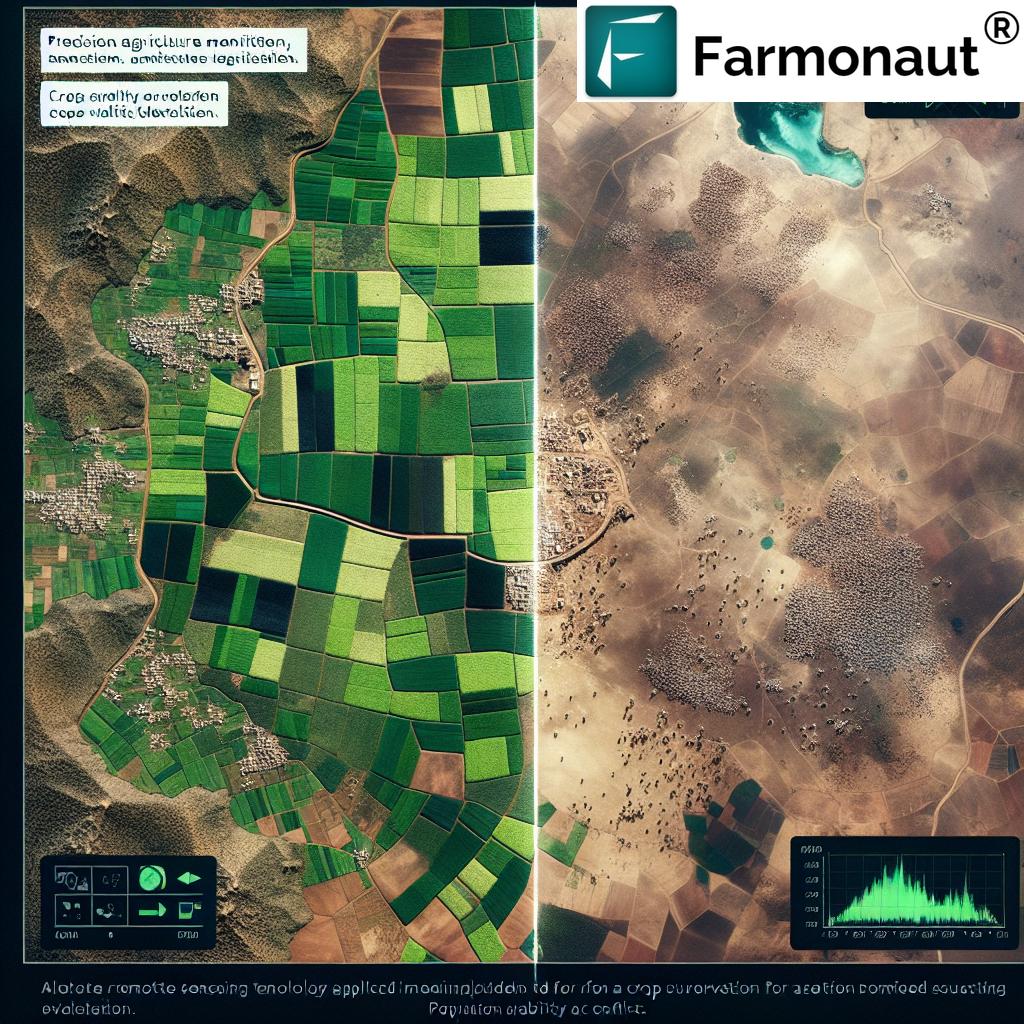5 Key Steps for Youth-Driven Innovation at Africa Food Summit Dakar
Discover how agricultural innovation in Senegal is advancing Africa’s food sovereignty and youth-led community transformation for sustainable, scalable growth.
“Over 60% of Africa’s population is under 25, fueling youth-driven innovation at the Dakar Food Summit.”
Table of Contents
- Introduction: Youth Leading Africa’s Food Sovereignty
- The Launch of the Community Agricultural Cooperative (CAC)
- Africa Food Systems Summit Dakar 2025: A Catalyst for Change
- Why Youth-Driven Innovation Matters in African Agriculture
- 5 Key Steps for Youth-Driven Innovation at Africa Food Summit Dakar
- Step 1: Catalyzing Youth Leadership in Agriculture
- Step 2: Building Scalable Cooperative Models for Community Resilience
- Step 3: Harnessing Agricultural Innovation and Digital Transformation
- Step 4: Mobilizing Investment in Local Agriculture and Sustainable Ecosystems
- Step 5: Ensuring Inclusive, Policy-Driven Growth and Regional Integration
- Youth-Driven Innovation Impact Table
- How Farmonaut’s Solutions Accelerate Africa’s Food System Transformation
- Frequently Asked Questions
- Conclusion: Youth Innovation and Africa’s Food Future
Introduction: Youth Leading Africa’s Food Sovereignty
Africa stands at a critical crossroads. As we approach the Africa Food Systems Forum and Summit in Dakar, Senegal, from 29th August to 5th September 2025, it becomes clear that food sovereignty, agricultural innovation, and community transformation are not abstract ideals—they are urgent imperatives driven by one of the world’s youngest populations. The success of the Community Agricultural Cooperative (CAC) programme, a flagship legacy initiative launched in Dakar, will set the stage for youth-driven, localized, and sustainable solutions that advance food security for the whole continent.
In Senegal and across Africa, young visionaries, agripreneurs, entrepreneurs, and digital pioneers are rewriting the narrative of agriculture. They are advancing food sovereignty in Africa by transforming outdated systems with scalable, inclusive models. The upcoming summit is not just a meeting—it is a catalyst for investment, dialogue, and real change led by the next generation.
The Launch of the Community Agricultural Cooperative (CAC)
The Grand Théâtre de Dakar set the stage on May 9, 2025, for a historic milestone: the official launch of the Community Agricultural Cooperative (CAC). This flagship initiative, led by the Ministry of Agriculture, Food Sovereignty, and Livestock of Senegal, marked the first step in a comprehensive movement toward community-driven agricultural transformation scaled across Africa. With the Summit’s full convening approaching, we expect the CAC programme to serve as a powerful proof of concept for building stronger local agricultural ecosystems and empowering our continent’s youth.
Prime Minister Ousmane Sonko set a bold tone: “We are investing in our own people, our own solutions, and our own future. The CAC programme puts our belief in local innovation into action. This is how Africa’s next chapter will be written—by Africans, for Africa.”
Africa Food Systems Summit Dakar 2025: A Catalyst for Change
Celebrating its 15th year, the africa food systems summit has become the continent’s premier forum for advancing inclusive and sustainable food systems solutions. With an estimated 6,000+ delegates—including farmers, heads of state, government leaders, scientists, entrepreneurs, and youth innovators—the summit’s legacy is built on catalyzing investment, forging policy, and launching transformative agricultural initiatives.
Senegal was selected after a competitive, three-month review, recognized for its leadership in agricultural innovation, youth and women engagement in agri-food systems, and bold Vision 2050 Africa agriculture strategies. The CAC programme will be showcased, emphasizing scalable cooperative models, integrated systems, and a commitment to empowering youth as the core force in the fight for food sovereignty and sustainability.
Why Youth-Driven Innovation Matters in African Agriculture
Africa is the youngest continent on earth, with more than 60% of our population under 25 years old. This demographic dividend is both a responsibility and a unique opportunity. Youth are hungry for transformation—they are digital natives, ambitious, and deeply rooted in their local communities. Our youth leadership in agriculture is the greatest asset for sustainable, homegrown solutions.
- Digital transformation is reshaping farm management, resource optimization, and market access.
- Young agripreneurs are leveraging data-driven insights, AI, and satellite monitoring to optimize yields and reduce environmental impact.
- New cooperative models and policy frameworks are being co-created with youth, promoting equitable access to opportunities and capital.
By putting youth at the center of food systems transformation, we accelerate agricultural growth, resilience, and sovereignty.
“Senegal’s agricultural innovations aim to boost food sovereignty for 1.3 billion Africans by empowering local youth.”
5 Key Steps for Youth-Driven Innovation at Africa Food Summit Dakar
Our journey to transforming Africa’s food ecosystem is structured around five essential, youth-led steps. Each step is rooted in the commitment to community, sustainability, and innovation, ensuring that Africa’s future is shaped by those who understand its challenges—and its boundless potential—best.
Farmonaut – STEI Foundation Africa Collaboration: Building innovation capacity for food systems in Africa.
Step 1: Catalyzing Youth Leadership in Agriculture
At the core of the summit and the CAC programme is the belief that Africa’s youth are not just future leaders—they are leading now. We are positioning young farmers, digital pioneers, and community innovators as decision-makers, technology adopters, and changemakers. The high-level Vision 2050 dialogues, youth-moderated panels, and mentorship tracks at the forum all prioritize direct investment in young voices.
- Give youth a seat at the table: No policy, strategy, or initiative is built without youth involvement.
- Mentor digital agripreneurs and foster knowledge exchanges between generations.
- Highlight youth-led success stories during the Dakar summit to inspire replication continent-wide.
- Empower youth to lead local projects through actionable funding, training, and recognition.
The outcome is an ecosystem where community-driven agricultural transformation becomes the new normal, and youth leadership in agriculture is institutionally supported.
Farmonaut: Cultivating Innovation in Agriculture | Year in Review 2023
Step 2: Building Scalable Cooperative Models for Community Resilience
The CAC programme illustrates a long-term vision for scalable cooperative models africa that advance true food sovereignty in Africa. By elevating local agricultural cooperatives, we support not just increased yields, but also prosperity, resource pooling, and risk mitigation at a community scale.
- Establish and support youth-led cooperatives in rural and peri-urban zones, sharing best practices for crop diversity, livestock management, and inclusive agricultural growth dakar.
- Facilitate peer-to-peer learning and networks for knowledge dissemination.
- Connect cooperatives directly to policy frameworks and enabling finance.
- Ensure women and underrepresented groups have meaningful roles in cooperative governance.
These models create a replicable foundation for other African nations to prioritize local, youth-driven innovation and sustainability.
Farmonaut Covered By Radix AI: Leveraging Remote Sensing and Machine Learning for a Greener Future
Step 3: Harnessing Agricultural Innovation and Digital Transformation
Digital agricultural innovation in senegal is rapidly accelerating across the continent. At the Summit, we emphasize the integration of advanced technological platforms and data-driven solutions—such as real-time monitoring, AI advisory, and blockchain traceability—into the hands of youth and local cooperatives.
- Satellite-based farm management allows us to monitor crop health, forecast yields, and optimize resource use.
- AI advisory and digital training platforms empower young farmers with timely insights and responsive support.
- Blockchain-based traceability guarantees supply chain transparency, ensuring that agricultural products are genuine and sustainably produced. 👉 Discover Farmonaut’s blockchain traceability platform—empowering Africa’s agricultural supply chains with transparency and consumer trust.
- Mobile app tools and APIs democratize access to these innovations, placing critical farm data directly in young hands. Explore Farmonaut API: sat.farmonaut.com/api | API Developer Docs
These innovations are showcased at the event to inspire scalable adoption and set benchmarks for results-oriented, sustainable agri-food ecosystems continent-wide.
The Role of Artificial Intelligence in Agriculture – Farmonaut | Agritecture | Joyce Hunter
Step 4: Mobilizing Investment in Local Agriculture and Sustainable Ecosystems
High-level dialogues at the forum focus on investment in local agriculture, aligning resources from government, financial institutions, and development partners to power youth-driven projects. Mobilizing investment nurtures a self-reinforcing ecosystem where youth, technology, and communities co-create value.
- Smart financing: Governments and banks provide accessible financing options for young farmers, with satellite-based verification supporting crop loans and insurance. See how Farmonaut enables secure, remote crop loan and insurance verification: Farmonaut Crop Loan & Insurance Solution
- Carbon footprint tracking ensures environmental accountability. See how advanced monitoring helps reduce emissions: Farmonaut Carbon Footprinting
- Fleet and resource management optimize machinery use, cut fuel costs, and promote sustainable practices for cooperatives and agribusinesses. Check out Farmonaut’s Fleet Management platform: Fleet Management
- Access to APIs and digital resources broadens financial inclusion and innovation across the agriculture sector.
This investment-led approach delivers sustainable agri-food ecosystems that can scale rapidly while promoting environmental and financial resilience.
Step 5: Ensuring Inclusive, Policy-Driven Growth and Regional Integration
The summit’s vision goes far beyond local transformation—our policies, initiatives, and dialogues aim to synchronize efforts across Africa. Integrated policy development ensures that best practices, investment strategies, and innovation platforms like the CAC can be adapted and scaled continentally.
- Policy reforms prioritize youth participation, gender inclusion, and equitable resource allocation.
- Collaboration between leaders, governments, and stakeholders aligns on flagship programmes for the continent.
- Showcase models like CAC in continental dialogues and regional summits to accelerate scaling.
- Align Vision 2050 Africa agriculture with measurable outcomes in food security, sovereignty, and environmental health.
Such integrated approaches ensure that community-driven solutions from Dakar become continental standards, driving systemic improvements across the food value chain.
Youth-Driven Innovation Impact Table
| Step Number | Step Description | Estimated Youth Engagement (%) | Projected Community Benefit (People) | Environmental Sustainability Impact | Scalability Potential |
|---|---|---|---|---|---|
| 1 | Catalyzing Youth Leadership in Agriculture | 75% | 1,000,000+ | Strengthened innovation culture, increased adoption of sustainable practices | High |
| 2 | Building Scalable Cooperative Models | 60% | 2,500,000+ | Resource sharing, reduced waste, improved biodiversity | High |
| 3 | Harnessing Agricultural Innovation and Digital Transformation | 85% | 5,000,000+ | Reduced chemical usage, precision irrigation, improved transparency | High |
| 4 | Mobilizing Investment in Local Agriculture | 70% | 7,500,000+ | Lowered resource use, improved carbon footprint, efficient logistics | Medium |
| 5 | Ensuring Inclusive, Policy-Driven Growth | 55% | 10,000,000+ | Long-term regulatory incentives for sustainability | High |
How Farmonaut’s Solutions Accelerate Africa’s Food System Transformation
As we empower youth and communities, the adoption of precision agriculture technology becomes a cornerstone for scalable, sustainable impact. Farmonaut, as a pioneering agri-technology provider, accelerates this transformation by making advanced, affordable, and data-driven agriculture accessible to all.
Why Farmonaut Matters for Youth-Led Innovation:
- Real-Time Crop Monitoring: Through satellite imagery (NDVI, soil moisture, and more), youth and cooperatives can optimize irrigation, fertilizers, and pest control—raising yields and reducing environmental stress on Africa’s land.
- AI Advisory for Every Field: Jeevn AI delivers personalized, actionable recommendations to young farmers and cooperative leaders—offering weather forecasts, crop-care innovations, and sustainable management options directly to their devices.
- Blockchain-Backed Traceability: Product traceability systems ensure genuinely African-grown produce is trusted and certified—from farm to fork—strengthening sovereignty and market access. Learn more: Traceability
- Fleet and Resource Management: Cooperatives and large-scale ventures manage vehicles and agricultural machinery efficiently—cutting costs and streamlining logistics. See application: Fleet Management
- Carbon Footprinting: Sustainable practices are measurable using Farmonaut’s carbon footprinting tools, advancing Africa’s environmental leadership. Discover benefits: Carbon Footprinting
- Accessible Platform: Farmonaut’s app works on Android, iOS, and browsers, and is available via APIs for seamless integration—making it the perfect fit for digitally-driven, youth-led projects.
These technologies deliver on the promise of connecting traditional agricultural wisdom with today’s best digital resources, helping us build sustainable agri-food ecosystems that are locally empowered and globally relevant.
Get Started: Flexible, Affordable Farmonaut Subscriptions
Ready to make digital agriculture a reality in your project or cooperative? Farmonaut offers a range of subscription packages—for individuals, cooperatives, NGOs, and large enterprises—tailored to local needs and scalable as you grow. Explore your options below and step into the future of smart, sustainable farming and food systems innovation.
Other Farmonaut Platform Benefits for African Food Systems:
- API Integration (API Access | Developer Docs): Build your own digital farming dashboards and mobile tools—empowering more youth and entrepreneurs to join the digital agricultural revolution.
- Remote Crop Loan & Insurance Verification: Partner with local lenders to provide affordable, fraud-resistant credit and insurance to youth and women smallholders. More on this: Crop Loan & Insurance
- Large-scale Plantation & Forest Advisory: For big cooperative projects or government-backed land management in Africa. Learn about large-scale farm management.
- Mobile-first Approach: Farmonaut’s platform is optimized for both large-screen and mobile devices, ensuring Africa’s youth (many of whom are mobile-first) can lead and scale innovation anywhere.
Frequently Asked Questions
What is the Community Agricultural Cooperative (CAC) programme in Dakar?
CAC is a flagship initiative launched by Senegal’s Ministry of Agriculture, Food Sovereignty & Livestock. It aims to empower youth and communities to build strong, scalable agricultural cooperatives as a pathway toward food sovereignty, sustainable development, and economic inclusion across Africa. CAC will be showcased at the Africa Food Systems Forum/Dakar 2025.
How are youth driving innovation in African agriculture?
African youth are leading the charge in digital transformation, new cooperative formation, and technology adoption. With access to platforms like Farmonaut, young agripreneurs use satellites, AI, and mobile apps to optimize productivity, minimize environmental impact, and open new markets—building the foundation for a resilient, sovereign food system.
How can technology like Farmonaut help African cooperatives?
Farmonaut provides satellite-based crop diagnosis, AI-driven advisory, and carbon tracking—enabling data-driven resource management and transparency for cooperatives. Blockchain traceability increases market trust, and resource/fleet management saves money—empowering youth and communities to scale innovation affordably and sustainably.
Where can I access Farmonaut’s platform?
You can access Farmonaut on the web app here, download the Android app or via iOS. Developers and organizations: use the API to build your own ecosystem tools.
What happens at the Africa Food Systems Forum Summit in Dakar?
The Summit gathers thousands—from government and policy leaders to farmers, youth, and entrepreneurs—to share progress, build partnerships, and invest in systemic solutions for Africa’s food sovereignty. It is where scalable models, innovations, and roadmaps like CAC are debated, refined, and committed to action continentally.
How does Africa achieve food sovereignty?
By empowering youth, building local cooperatives, scaling inclusive policy and digital innovation, and investing in resilient ecosystems—especially those rooted in Africa’s unique challenges and strengths, as shown in Senegal and through the Dakar Summit.
Conclusion: Youth Innovation and Africa’s Food Future
Africa is entering a new era of agricultural innovation, sovereignty, and youth-driven transformation. The 2025 Africa Food Systems Summit in Dakar is more than an event; it is a springboard for a self-reliant, sustainable food system—and a place where our continent’s next generation leads from the front.
- Youth leadership in agriculture is the engine of change, ensuring that solutions are local, inclusive, and transformative.
- The CAC programme stands as a model for community-driven agricultural transformation—scalable, resilient, and built on unity.
- Advanced agri-tech platforms such as Farmonaut make precision farming affordable and data-driven, supporting sustainable growth across all corners of Africa.
- By investing in digital literacy, inclusion, and youth engagement, we lay the groundwork for enduring food sovereignty and thriving communities.
- Every farmer, cooperative, and local leader has access to powerful tools, scalable models, and a network of peers—ensuring continental solutions built by Africans, for Africa.
Let us move forward—together—as innovators, guardians of sustainability, and proud architects of Africa’s food future.


